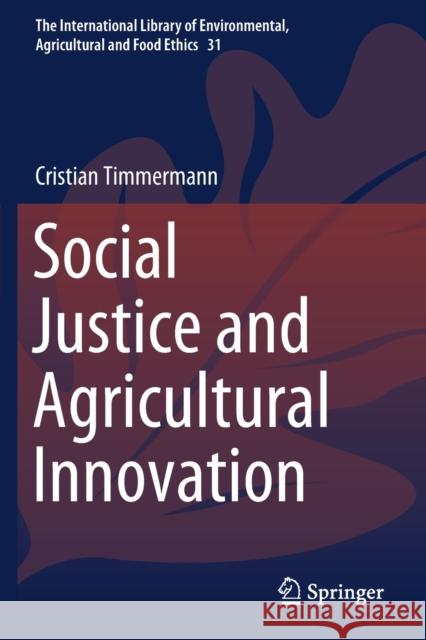Social Justice and Agricultural Innovation » książka
topmenu
Social Justice and Agricultural Innovation
ISBN-13: 9783030561956 / Angielski / Miękka / 2021 / 236 str.
Social Justice and Agricultural Innovation
ISBN-13: 9783030561956 / Angielski / Miękka / 2021 / 236 str.
cena 200,77
(netto: 191,21 VAT: 5%)
Najniższa cena z 30 dni: 192,74
(netto: 191,21 VAT: 5%)
Najniższa cena z 30 dni: 192,74
Termin realizacji zamówienia:
ok. 22 dni roboczych.
ok. 22 dni roboczych.
Darmowa dostawa!
Kategorie BISAC:
Wydawca:
Springer
Seria wydawnicza:
Język:
Angielski
ISBN-13:
9783030561956
Rok wydania:
2021
Wydanie:
2020
Numer serii:
000303885
Ilość stron:
236
Waga:
0.36 kg
Wymiary:
23.39 x 15.6 x 1.35
Oprawa:
Miękka
Wolumenów:
01
Dodatkowe informacje:
Wydanie ilustrowane











